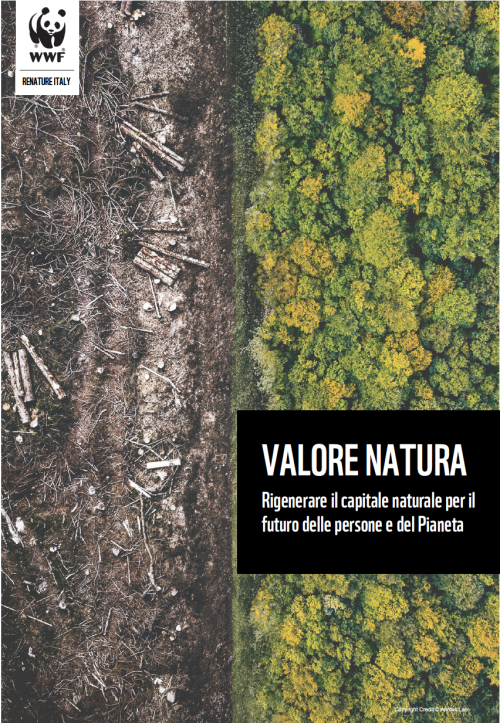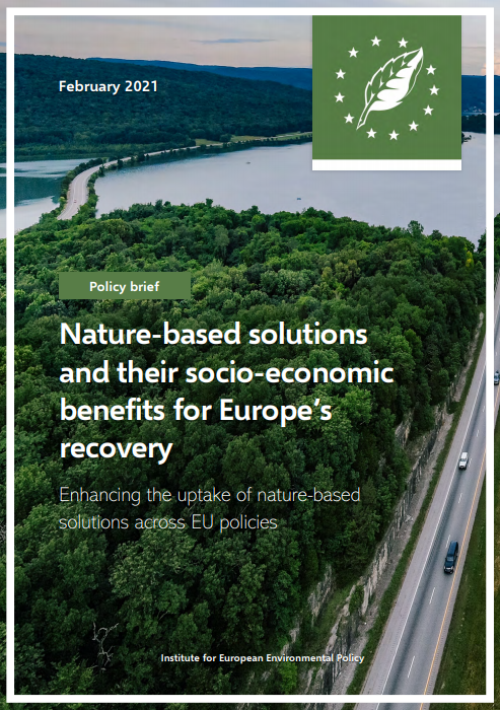ECOSYSTEM RESTORATION FOR PEOPLE, NATURE AND CLIMATE
Becoming #GenerationRestoration
The world is facing severe challenges. Billions of people around the world are suffering the consequences of the climate emergency, food and water insecurity, and the COVID-19 pandemic. Ecosystems are an indispensable ally as we meet these challenges. Protecting them and managing their resources in a sustainable manner is essential. But just increasing the protection and sustainable management of our remaining natural landscapes and oceans will not be enough: the planet’s degraded ecosystems and the huge benefits that they provide must also be restored.
By declaring the UN Decade on Ecosystem Restoration, governments have recognized the need to prevent, halt and reverse the degradation of ecosystems worldwide for the benefit of both people and nature. The 2021–2030 timeline underlines the urgency of the task. Without a powerful 10-year drive for restoration, we can neither achieve the climate targets of the Paris Agreement, nor the Sustainable Development Goals.
This report presents the case for why we all must throw our weight behind a global restoration effort. Drawing on the latest scientific evidence, it explains the crucial role played by ecosystems from forests and farmland to rivers and oceans, and charts the losses that result from our poor stewardship of the planet.
The UN Decade on Ecosystem Restoration provides a unique opportunity to transform food, fibre and feed production systems to meet the needs of the 21st century, and to eradicate poverty, hunger and malnutrition. This we seek to achieve through effective and innovative landscapes and seascapes management that prevents and halts degradation, and restores degraded ecosystems. The restoration of forest landscapes, farming, livestock and fish-producing ecosystems should primarily contribute to restoring them to a healthy and stable state, so that they are able to provide ecosystems services and support human needs for sustainable production and livelihoods.

